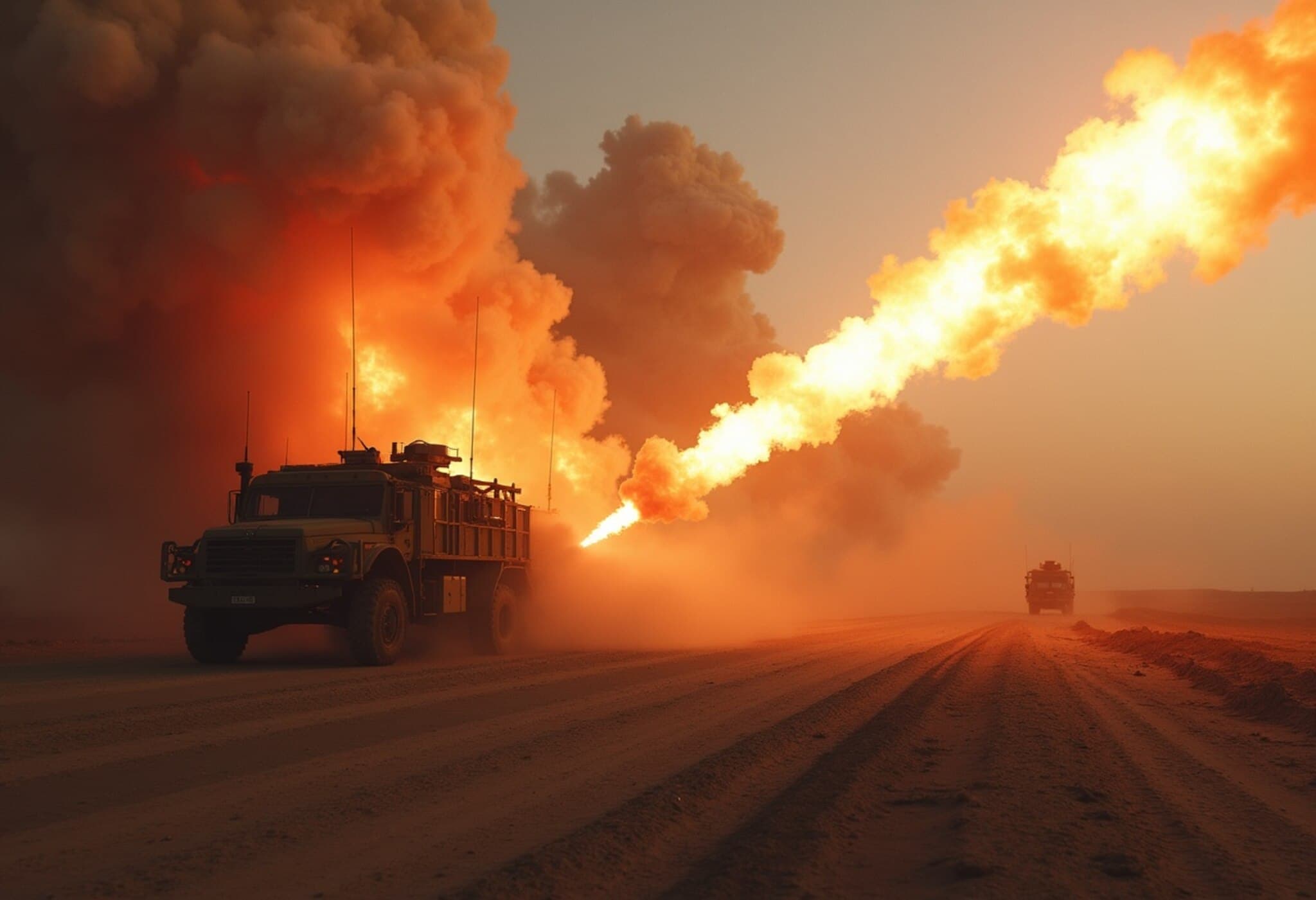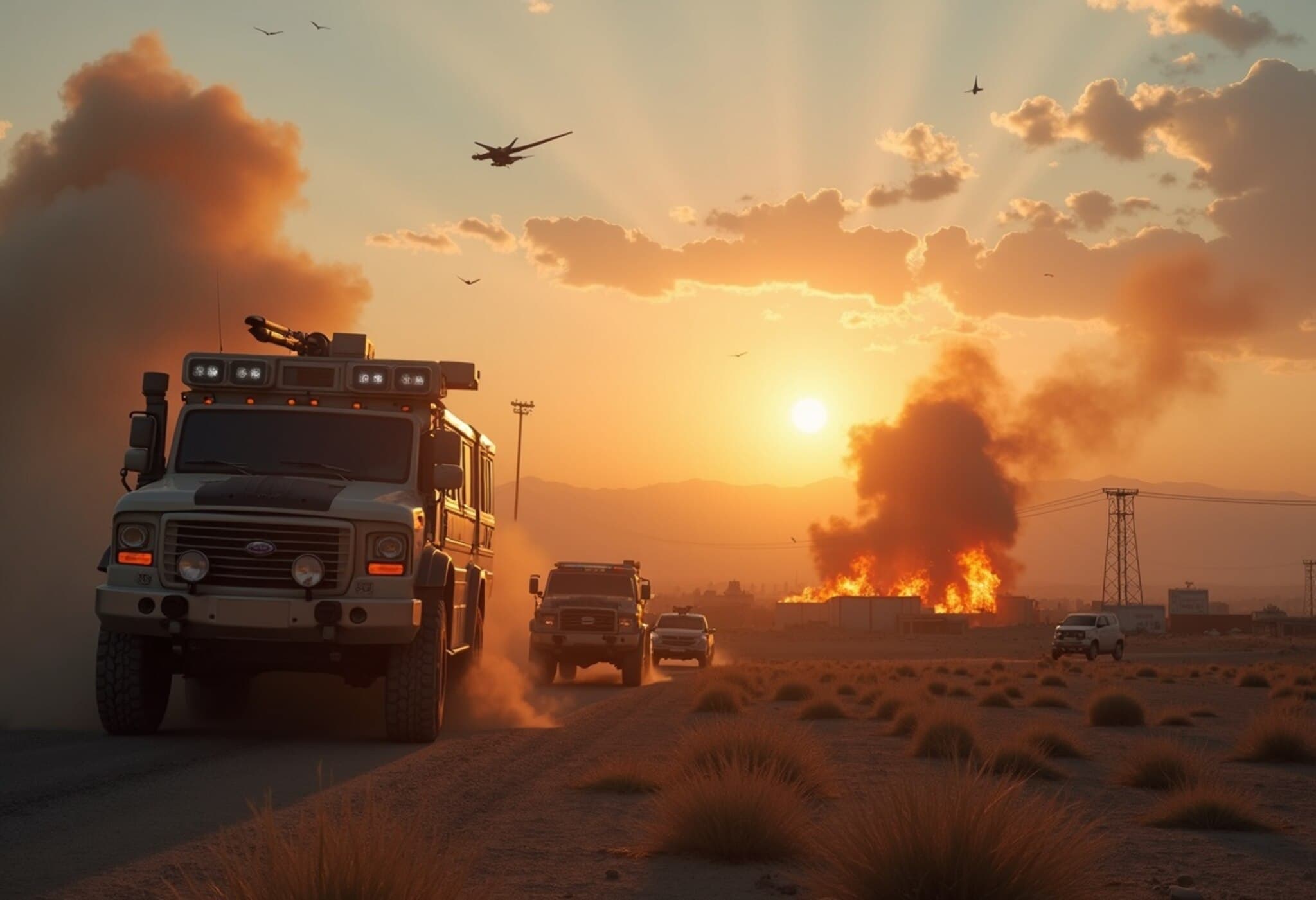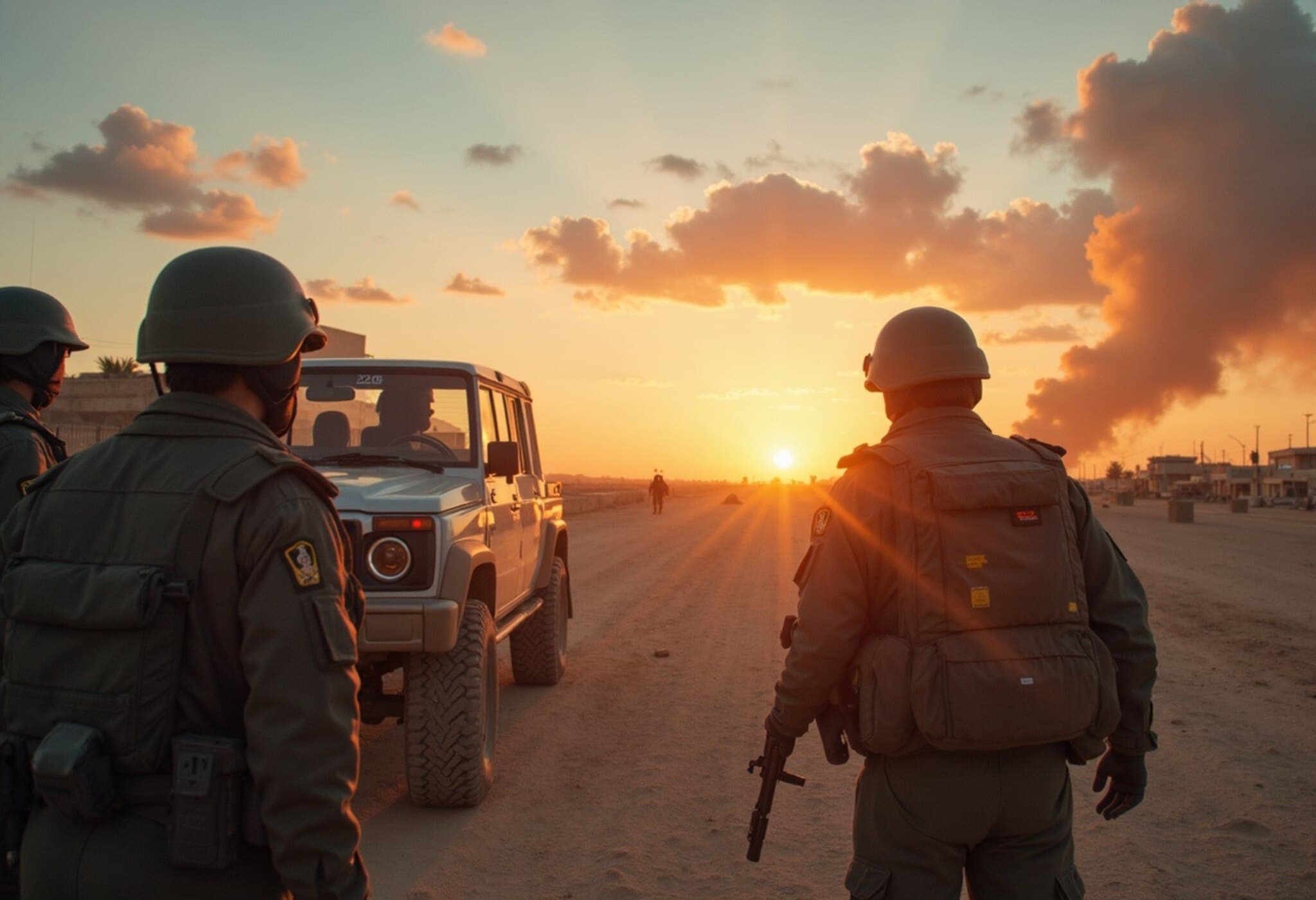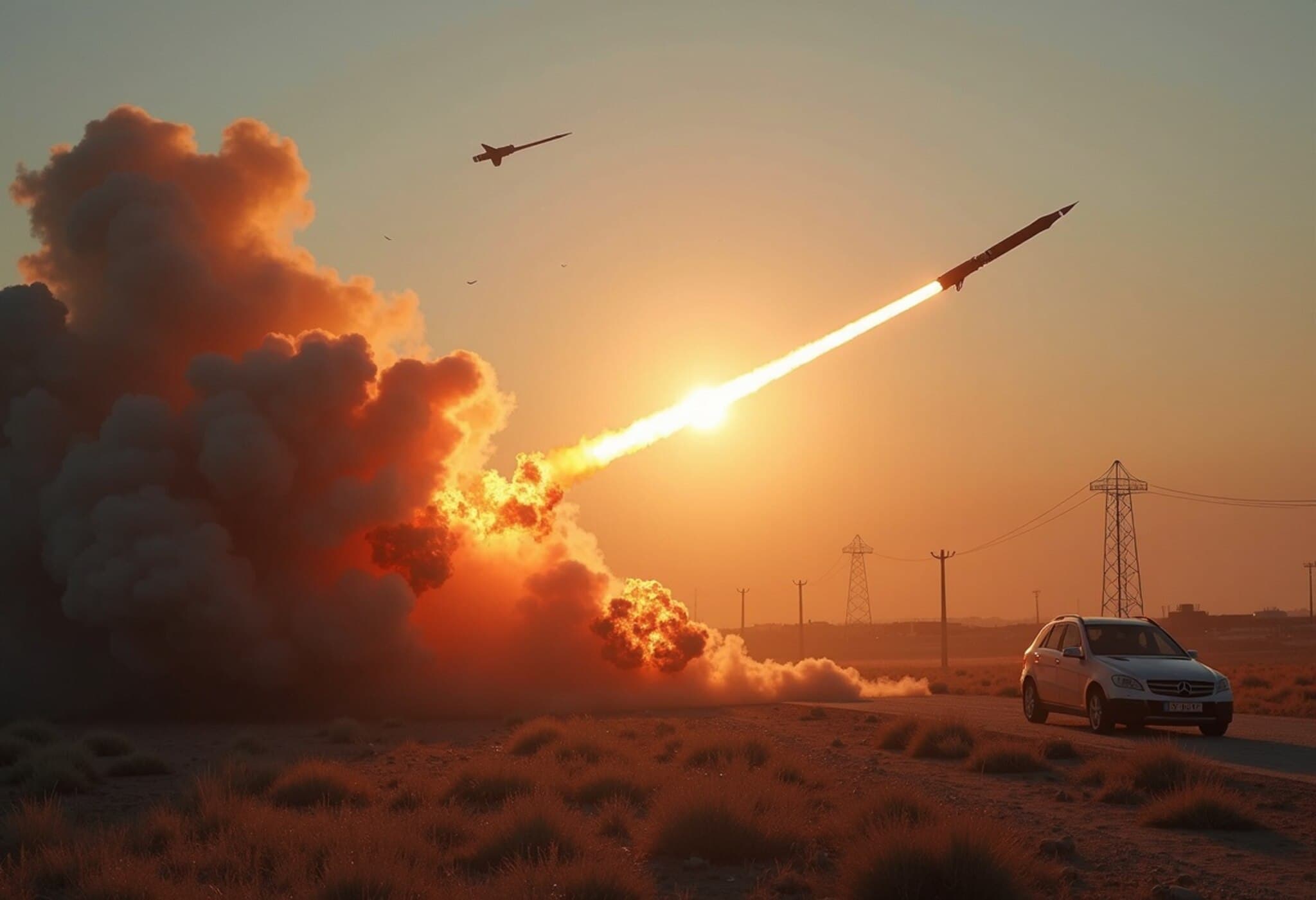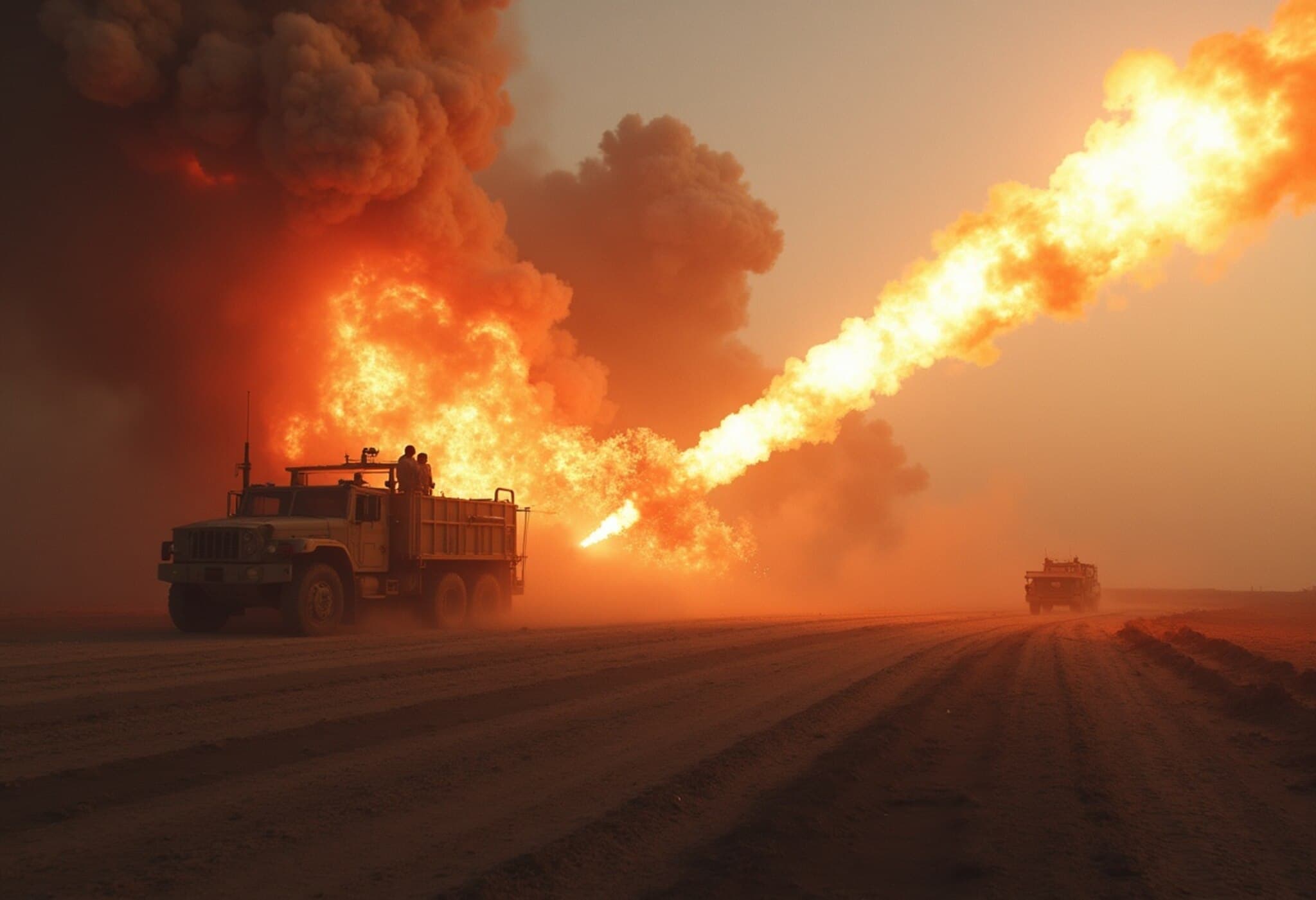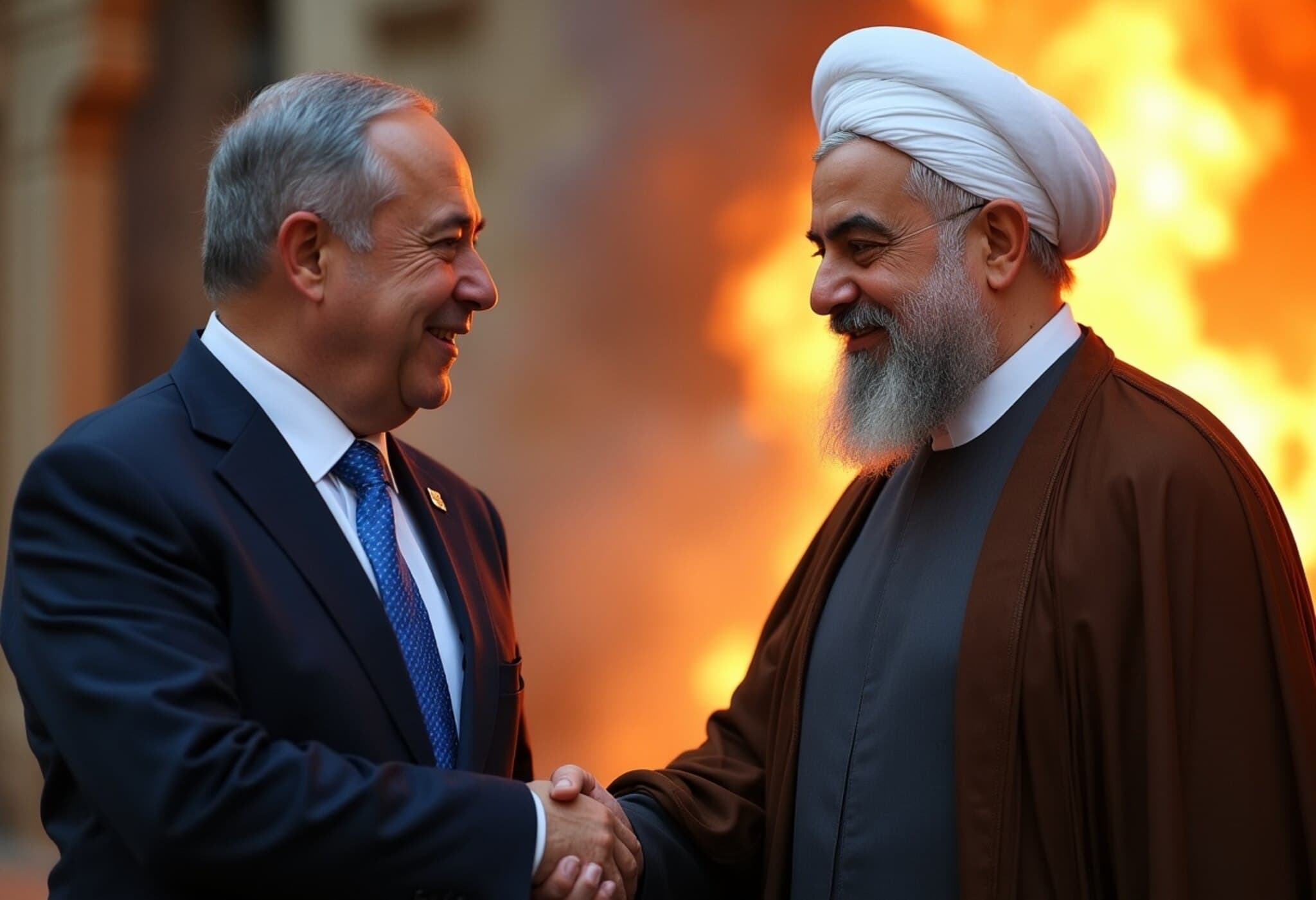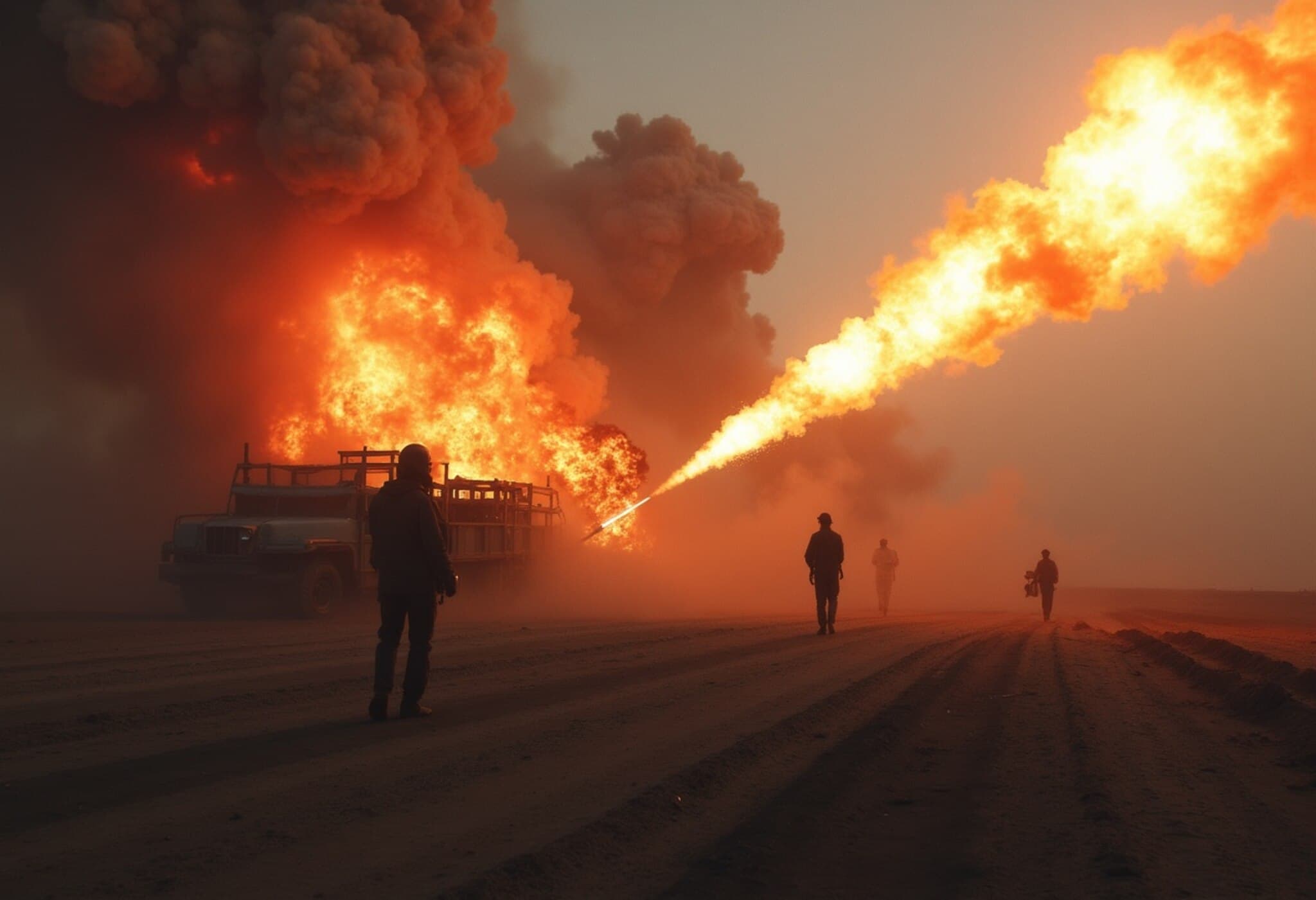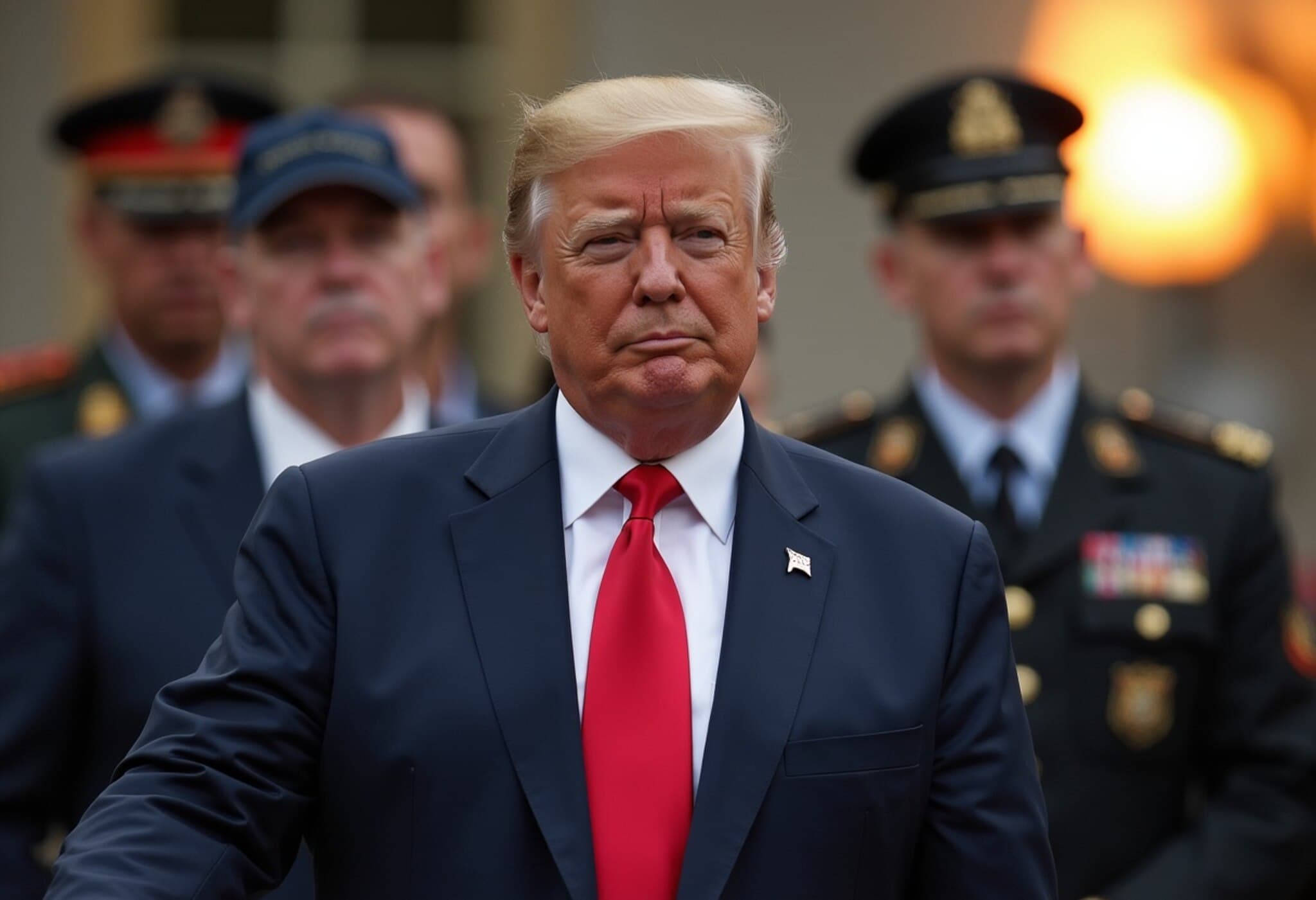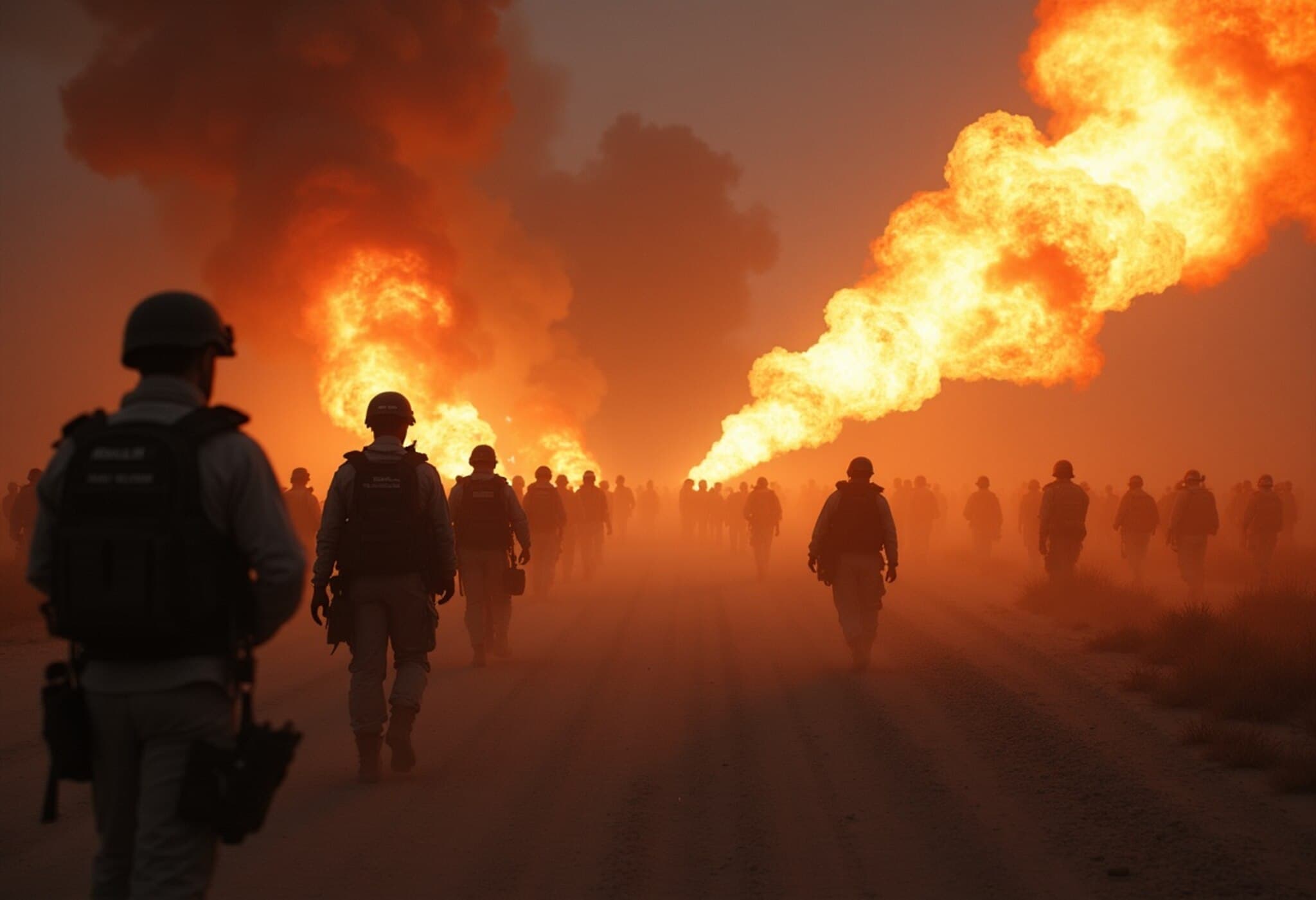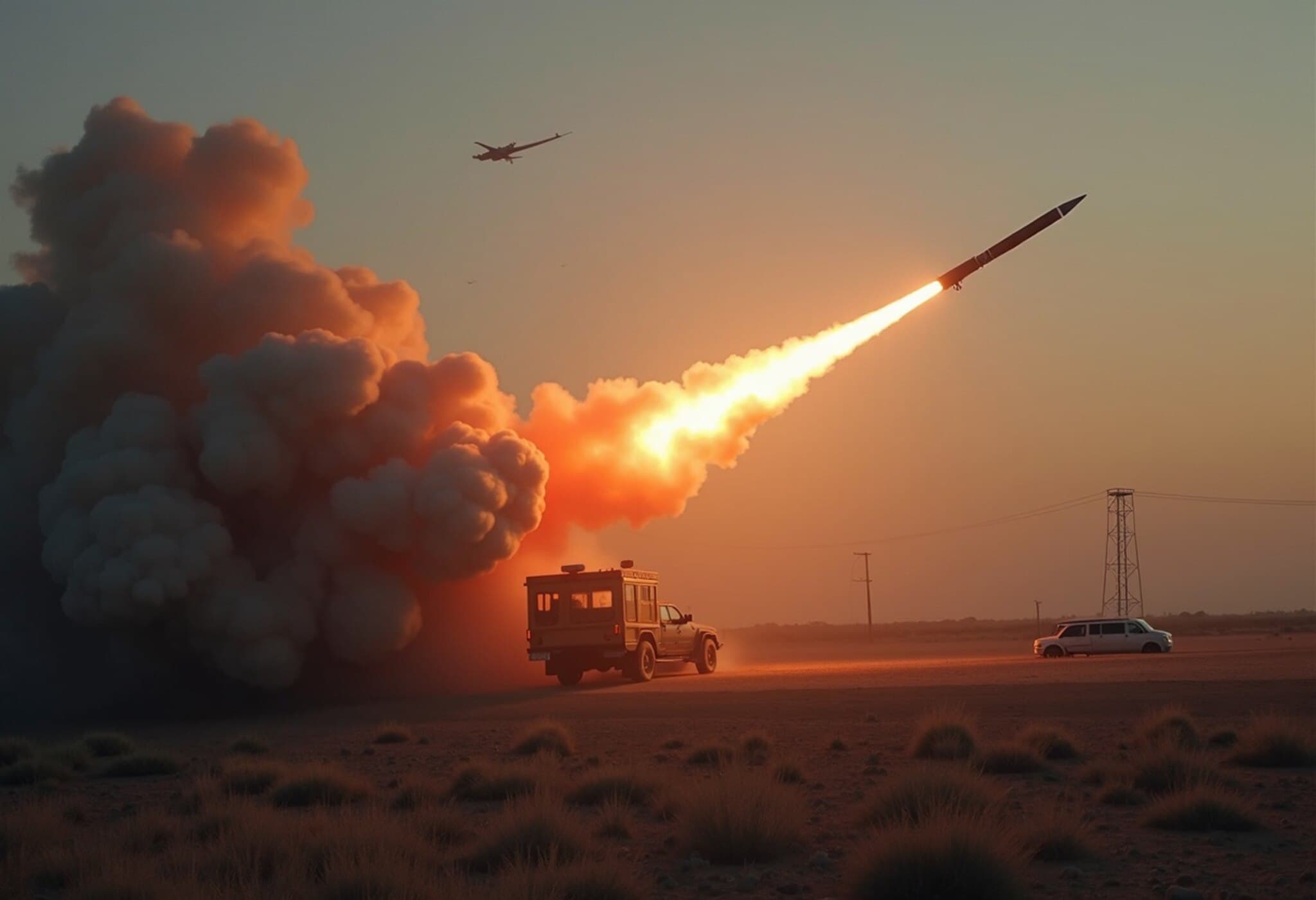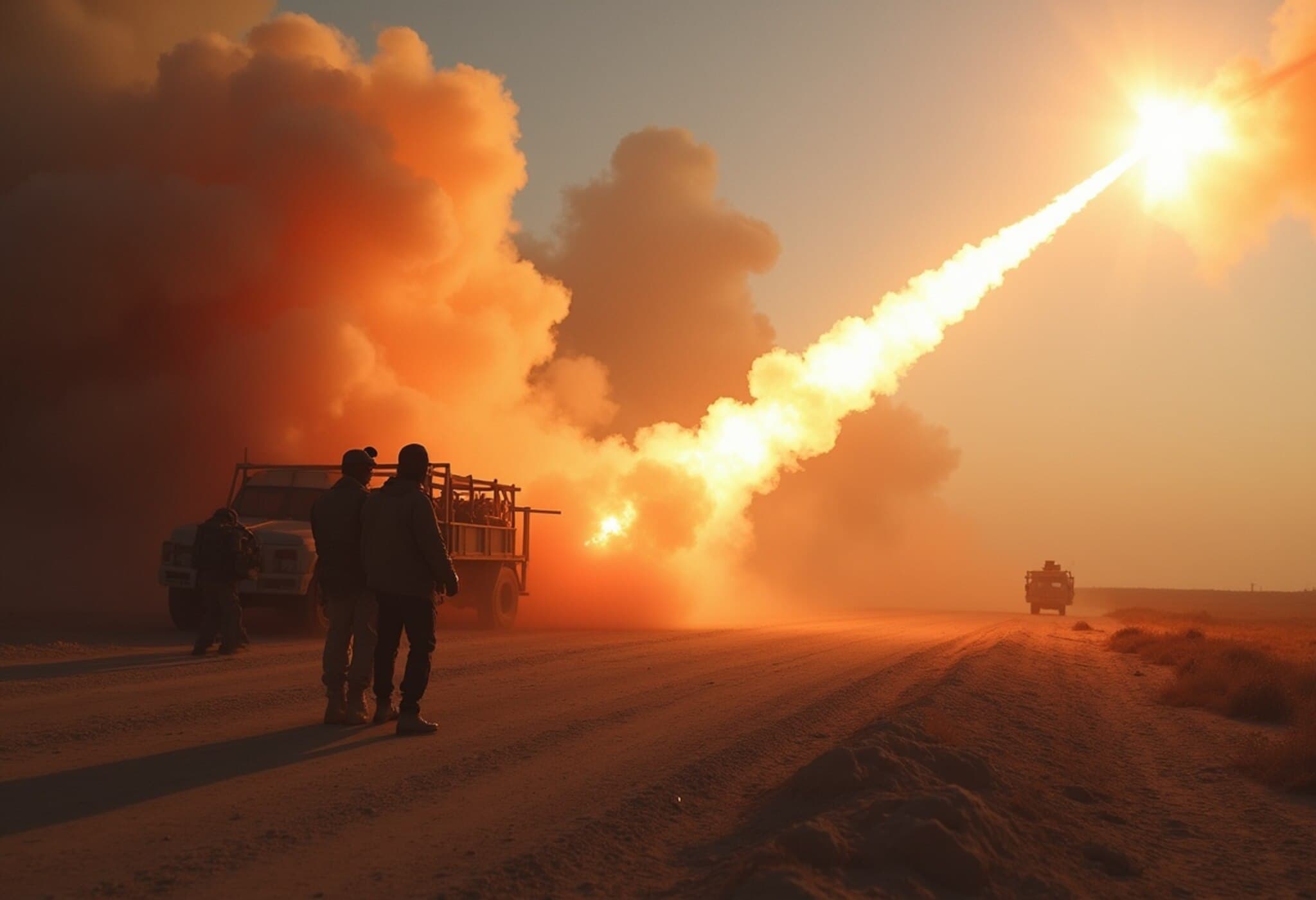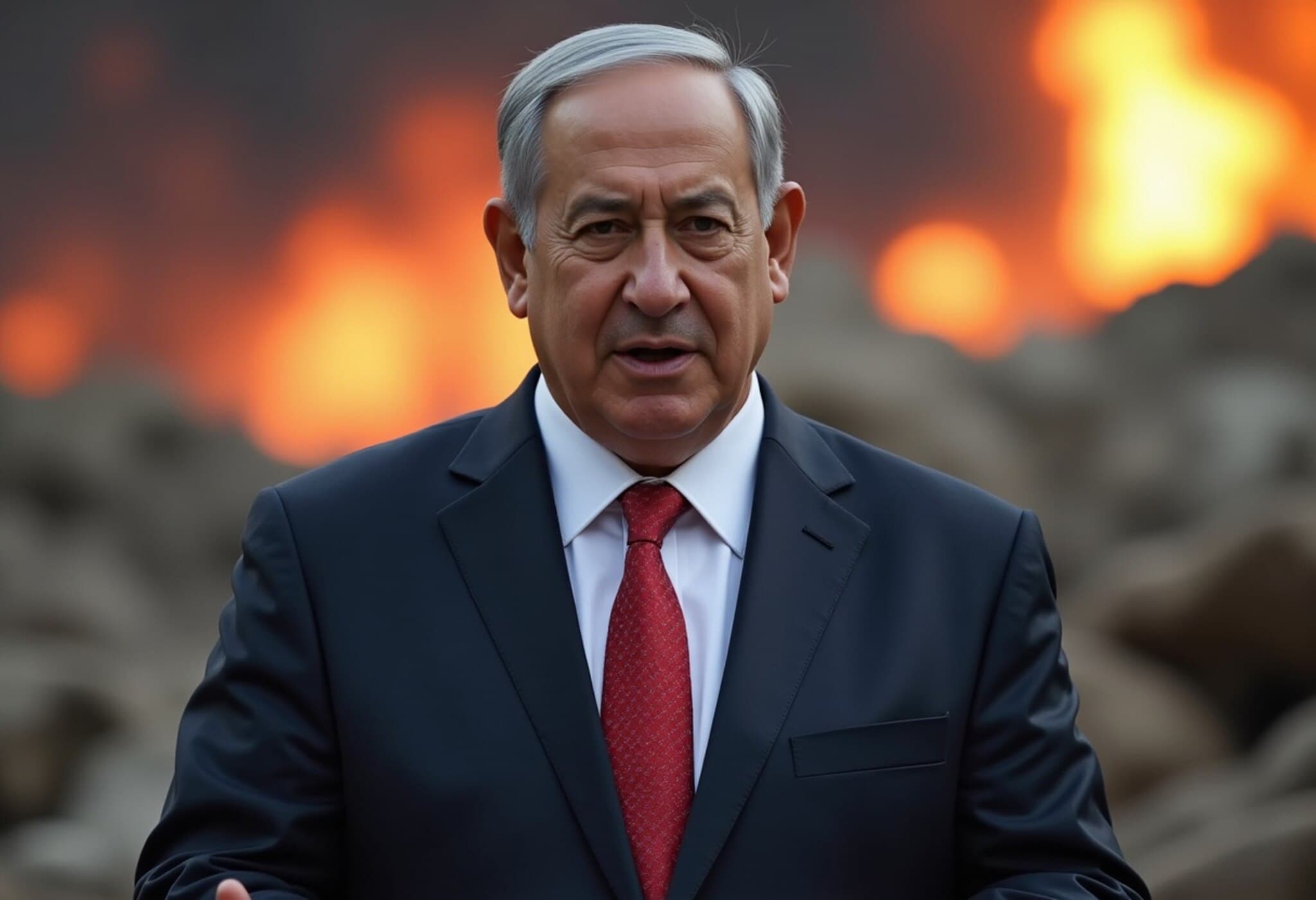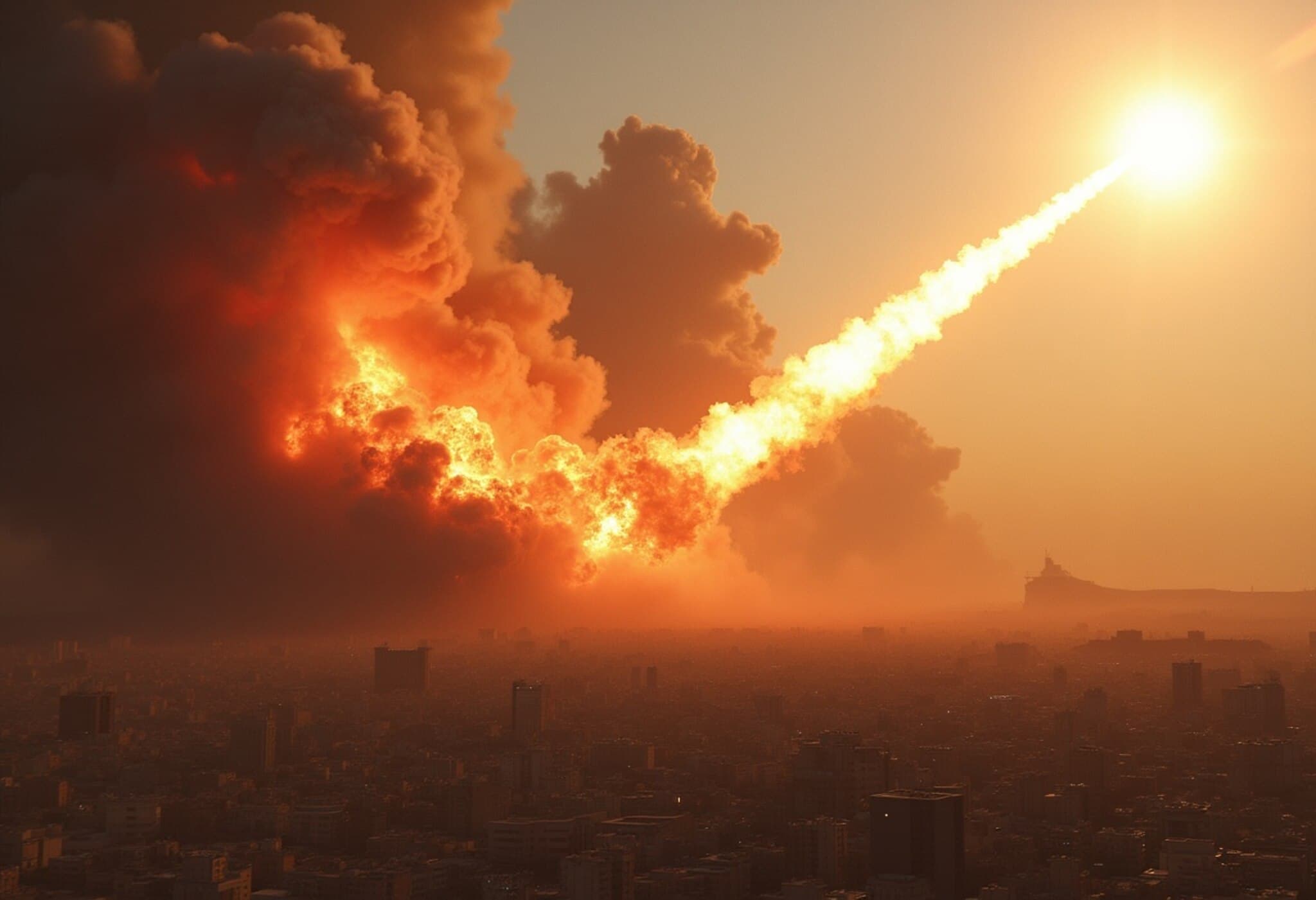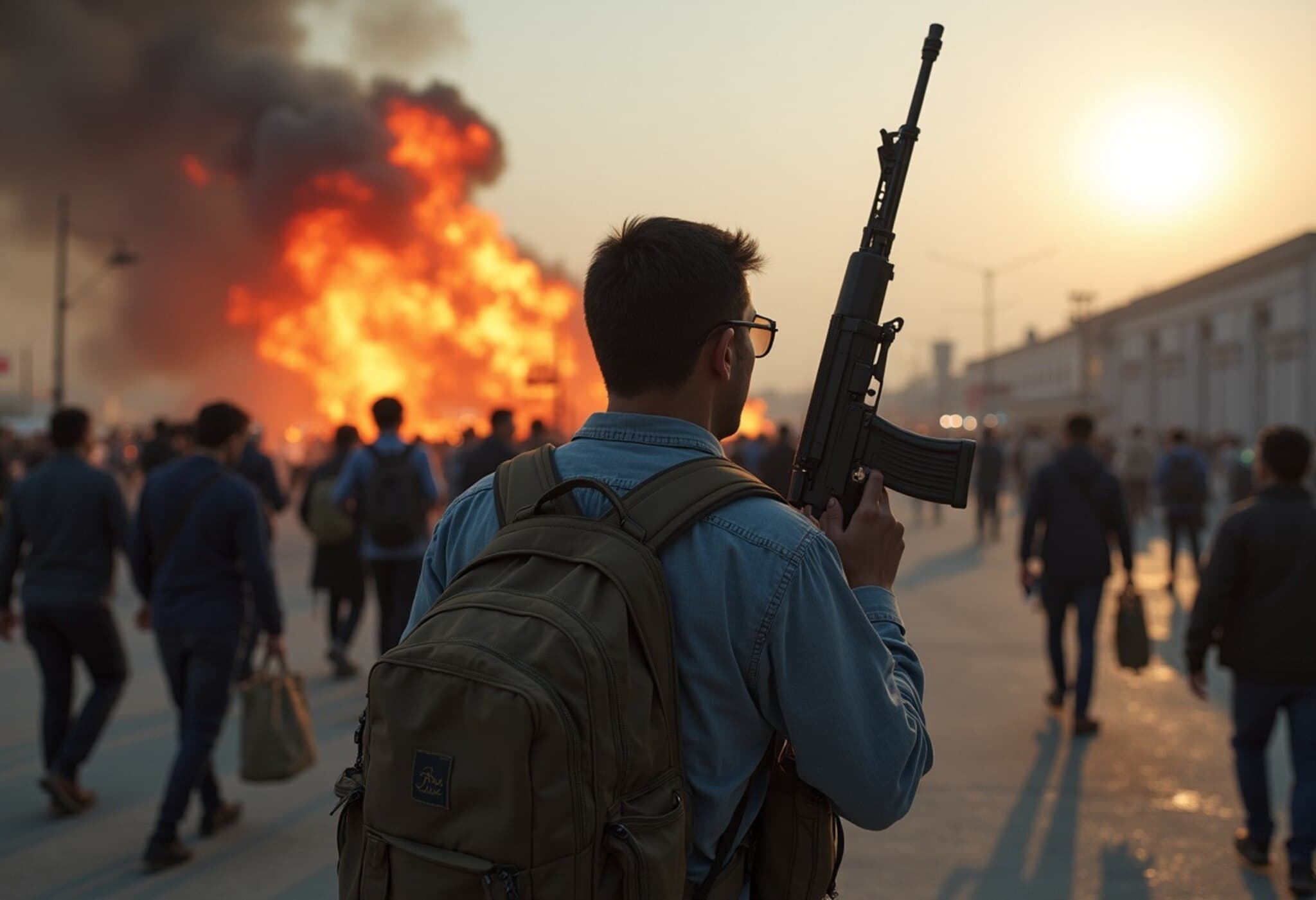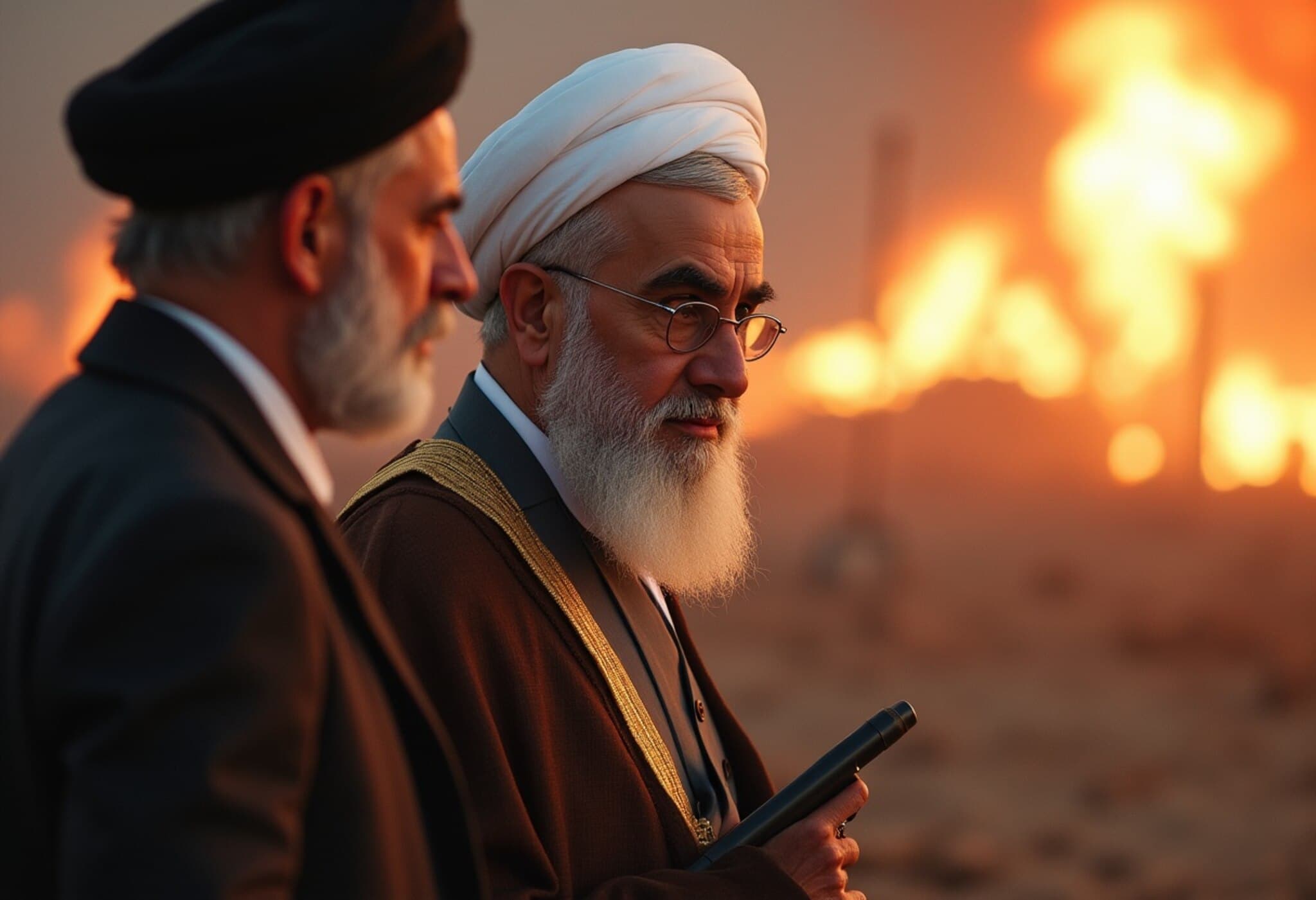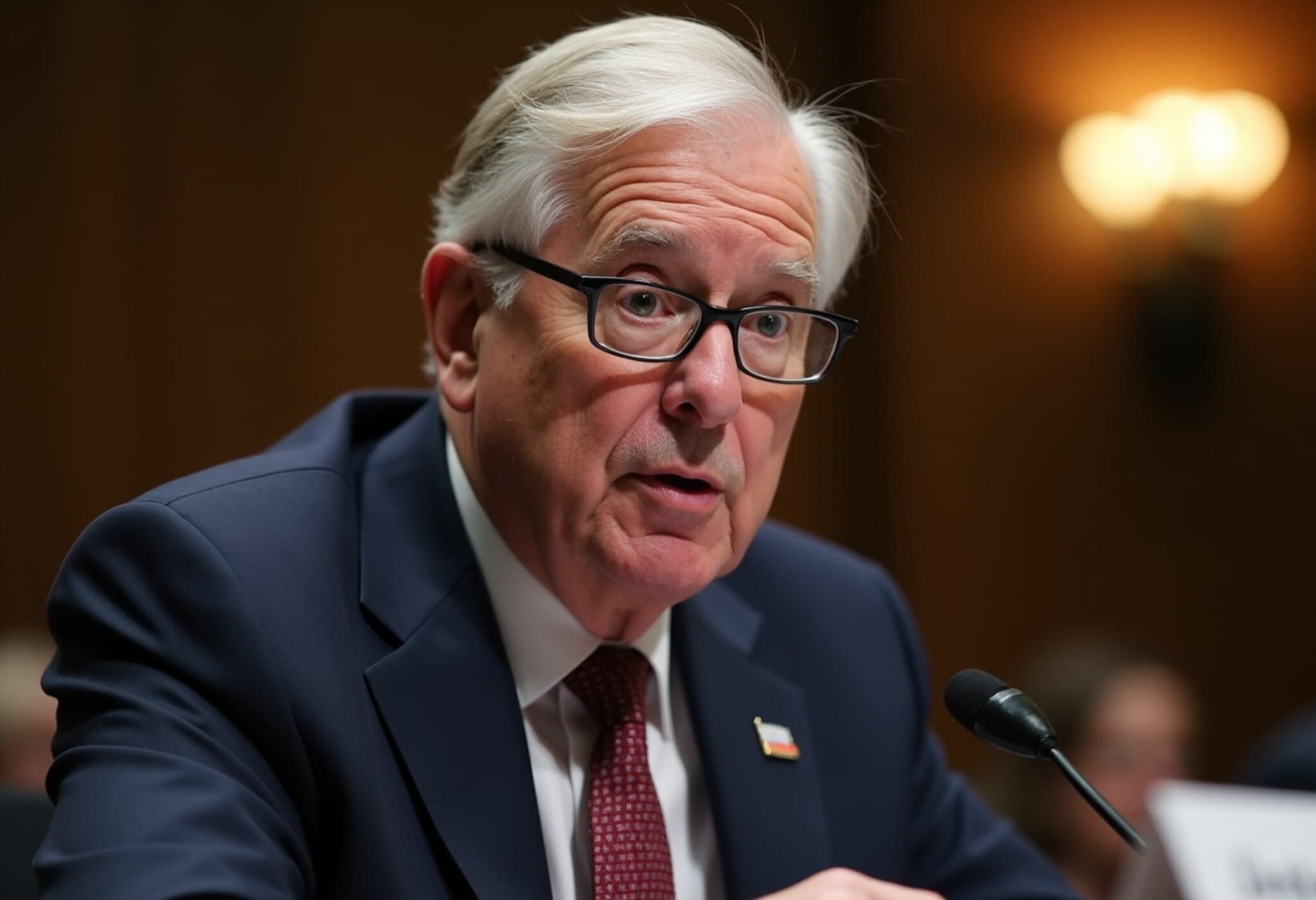A Complex Clash in the Middle East: No Clear Victor Emerges
In the midst of a turbulent week marked by missile strikes and military maneuvers, the escalating tensions between Iran, Israel, and the United States have settled into a cautious but uneasy calm. Despite the aggressive attacks and retaliations, none of the involved parties have shown signs of surrender. Instead, each claims a form of victory, reflecting a mutual desire to avoid further escalation while grappling with significant losses.
Iran's Strategic Retaliation: Precise Yet Measured
Iran responded with calculated restraint following the US airstrikes on its nuclear sites. Under the direction of Supreme Leader Ayatollah Ali Khamenei, Tehran targeted the Al Udeid Air Base in Qatar, a critical US military hub in the region. The strike was symbolic, designed to send a message rather than inflict devastating casualties or damage. Nearly all incoming missiles were intercepted, resulting in minimal damage and no American casualties. This measured approach also included warnings delivered through backchannels, prompting Qatar to close its airspace in anticipation.
US leadership, surprisingly restrained after weeks of heightened rhetoric, publicly acknowledged the warnings and expressed hope that the violence would subside.
Israel’s Air Campaign: Tactical Gains Amid Diplomatic Pressure
Israel launched a series of precise airstrikes targeting prominent Iranian military sites, dealing notable blows to command centers and infrastructure. However, this military assertiveness drew criticism from its closest ally, reflecting diplomatic frustrations especially after Israel resumed strikes soon after a supposed ceasefire agreement. Despite operational successes, Israel faces scrutiny over the optics of its actions, with concerns about escalating regional instability.
The United States: Balancing Between Combat and Mediation
The US played a dual role in this conflict, acting initially as the instigator by ordering the bombing of Iranian nuclear facilities, then swiftly shifting towards diplomacy to de-escalate tensions. The White House portrayed these military actions as strategic victories that set back Iran’s nuclear ambitions while preserving American lives. Alongside military measures, diplomatic overtures and social media directives aimed at halting Israeli operations underscored the precarious nature of US involvement.
Who Emerged Victorious?
Each nation spins the narrative of victory:
- United States: Claims successful neutralization of a nuclear threat without American casualties.
- Israel: Highlights tactical superiority and diminished Iranian military capacity.
- Iran: Emphasizes survival, sovereignty, and the ability to retaliate, even if restrained.
Experts emphasize that this shared victory narrative serves as a mechanism to avoid plunging the region into a deeper conflict. Yet, the true costs are palpable—disruption across Iran with thousands displaced and an economy struggling under renewed pressure.
The Road Ahead: Diplomacy With Uncertain Prospects
Looking forward, the situation remains unsettled. Questions about Iran’s nuclear stockpile and intentions persist, while diplomatic efforts are cautiously advancing. Iran’s foreign minister has embarked on a regional tour seeking support and downplaying the strategic impact of recent strikes, signaling a willingness to engage. Beneath the tough rhetoric lies a mutual urgency to stave off war and find a face-saving resolution.
For now, missiles have halted, but the deep-seated rivalries and mistrust that drive this conflict endure. Neither side surrendered, yet none came out unscathed.

